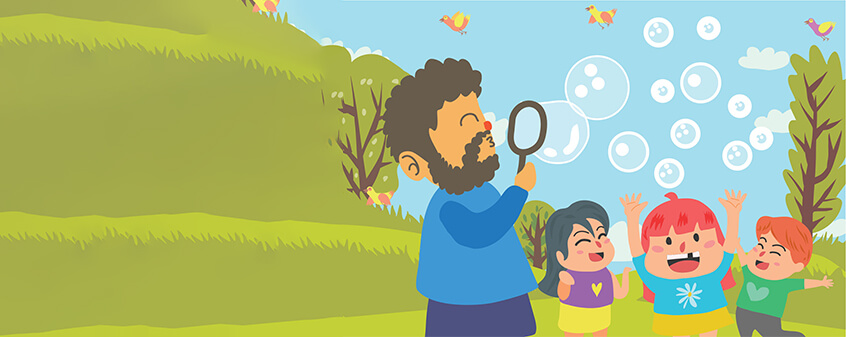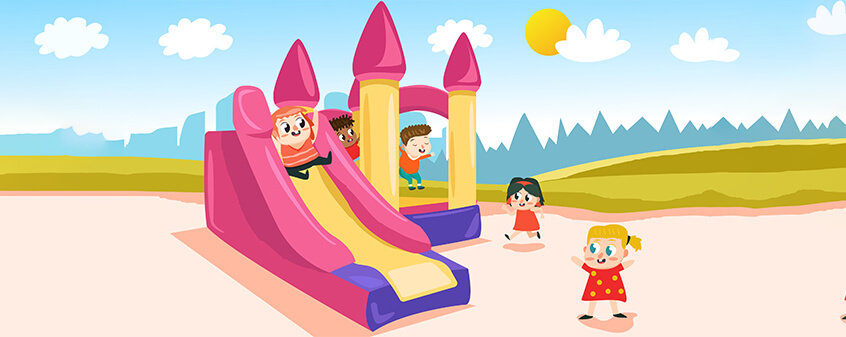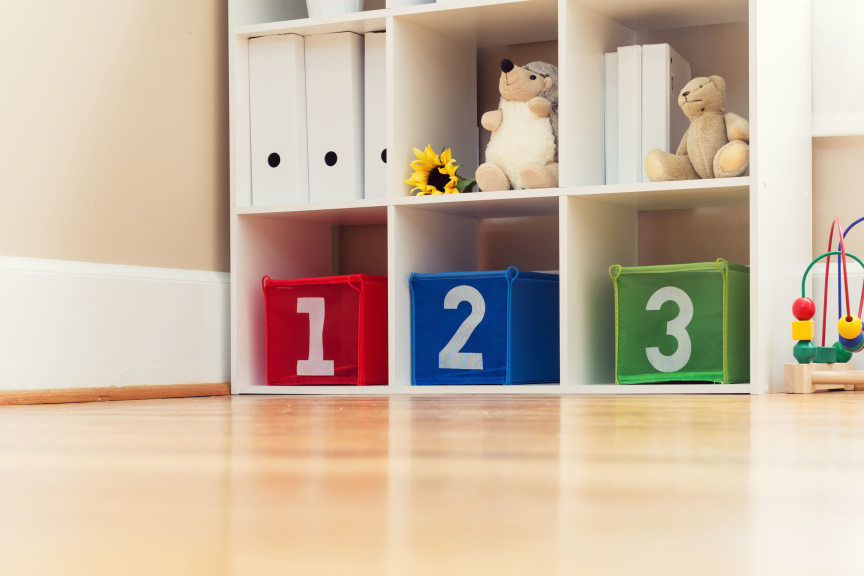Safety in Schools
In recent times, safety of children in schools has become the most talked about topic with untoward incidents happening around us. Parents and school teams are panicking and children are in a state of fear. School is no longer considered a safe zone. However, what we are still extensively talking about is only physical safety and ignoring the other aspects like emotional, mental and health safety. We do not measure the damage done to a child when they are reprimanded for mistakes they make, subjected to sarcastic remarks intended to modify behaviour, discriminated or belittled for scoring less marks.
Schools need to work towards creating a cohesive and safe environment wherein the child feels completely secure, be it physically, mentally or emotionally. Every child should be allowed to question and express themselves in a non-threatening environment. We are here not only to educate them, but also to make them confident individuals with high self-esteem and self-belief.
My take on physical safety is simple. There are guidelines set by education boards and international research bodies which every school needs to follow diligently and not compromise on to save resources. The additional step is to think about possible incidents and establish a process of avoiding them. However, a school, just like home, can never be completely safe. When an unfortunate incident does occur, the child’s interest and safety must be prioritised, and action must be taken to ensure the same. Next, the incident needs to be investigated thoroughly and loop holes need to be plugged by updating the process or introducing a new one.
It is also important that safety is introduced as a topic that we regularly discuss with children, be it weekly or monthly, so as to make them aware about various aspects of safety like good touch/bad touch or talking to strangers. This makes them responsible for their own safety.
Physical safety also involves subtler aspects like the kind of furniture selected. Furniture with no pointed edges, of appropriate height, colours and learner-friendly interiors that do not distract the children. The equipment chosen must be non-toxic and cannot be psychologically damaging. For example, the library books selected should be age appropriate. Most importantly, the teacher/student ratio should be ideal for optimum learning.
With regards to emotional and mental safety, schools need to build an environment where the rules and consequences are co-created by both the children and teachers. This gives them a sense of ownership. All rules and consequences should be implemented consistently and fairly across the school. They should be informed about the importance of being healthy – eating nutritious food and keeping fit.
Listed below are a few essential points that schools should look at with regards to safety:
- Securing the entire school with CCTV cameras.
- A Security officer watching the cameras for constant surveillance.
- Police verification and external verification of each employee.
- Recording the entry and exit of all people entering the school. (Employees to wear badges at all times, visitor cards to be issued to all visitors.)
- ID cards to be issued to students and parents/guardians.
- Students to be handed over only to those in possession of bearer cards.
- To ensure the health and safety of children we need to have a health officer and a canteen officer.
- Schools need to make sure that buses also have CCTV cameras.
- Schools need to specifically have personnel in-charge of transport and have a lady bus attendant in all buses at all times.
- Schools need to have a counsellor to help and guide children at all times.
- Children should be allowed to co-create rules and regulations with the school
- Children need to be allowed to question the system.
- There should be a weekly review on food and security.
- Staff (including third party vendors) must be trained on a continuous basis.
- All schools/learning/therapy centres should develop a personal safety skills programme and personal health education lessons for children with special needs
For a comprehensive list please refer to the guidelines set by the police department of Gurugram.








